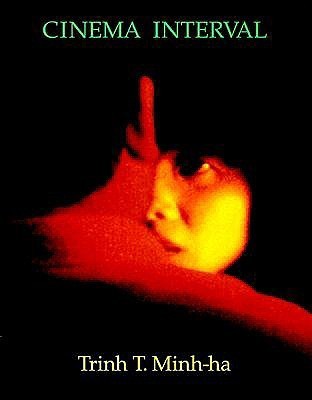"An image is powerful not necessarily because of anything specific it offers the viewer, but because of everything it apparently also takes away from the viewer." --Trinh T. Minh-ha
Vietnamese filmmaker and feminist thinker Trinh T. Minh-ha is one of the most powerful and articulate voices in independent filmmaking. In her writings and interviews, as well as in her filmscripts, Trinh explores what she describes as the "infinite relation" of word to image. Cinema-Interval brings together her recent conversations on film and art, life and theory, with Homi Bhabha, Deb Verhoeven, Annamaria Morelli and other critics. Together these interviews offer the richest presentation of this extraordinary artist's ideas.
Extensively illustrated in color and black and white, Cinema-Interval covers a wide range of issues, many of them concerning "the space between"--between viewer and film, image and text, interviewer and interviewee, lover and beloved. As an added bonus, the complete scripts of Trinh's films Surname Viet Given Name Nam and A Tale of Love are also included in the volume. Cinema-Interval will be an essential work for readers interested in contemporary film art, feminist thought, and postcolonial studies.

